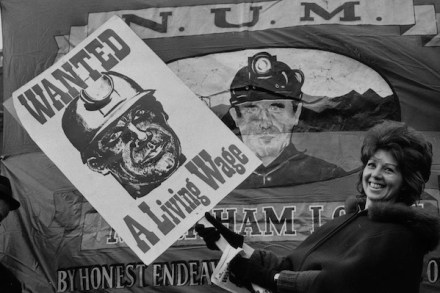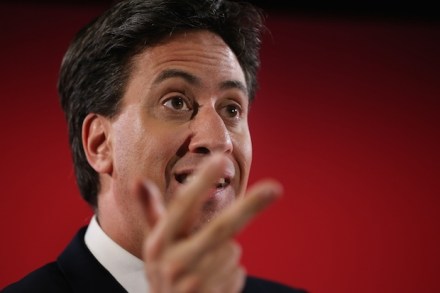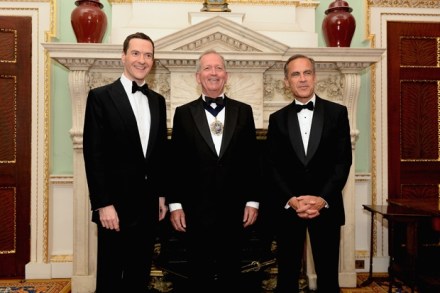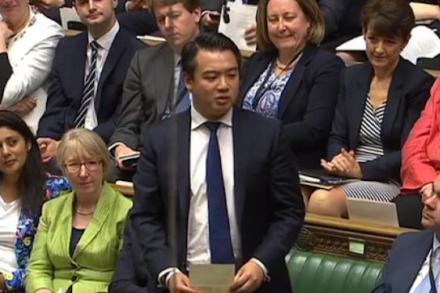The Budget rabbit: A National Living Wage
[audioplayer src=”http://rss.acast.com/spectatorpolitics/summerbudget2015/media.mp3″ title=”Fraser Nelson, James Forsyth and Isabel Hardman discuss the Summer Budget”] Listen [/audioplayer]The announcement that got the biggest roar of support in today’s Budget was that from 2020 workers over 25 will be paid £9 an hour in a National Living Wage. Tory MPs gasped and cheered, while Harriet Harman gave a response that had the distinct impression of being performed while having a rug pulled from under her feet. The Chancellor described it as a pay rise and part of the Budget theme of security, namely the ‘financial security of lower taxes and new National Living Wage’. But is that a pay rise? Osborne said he was




















